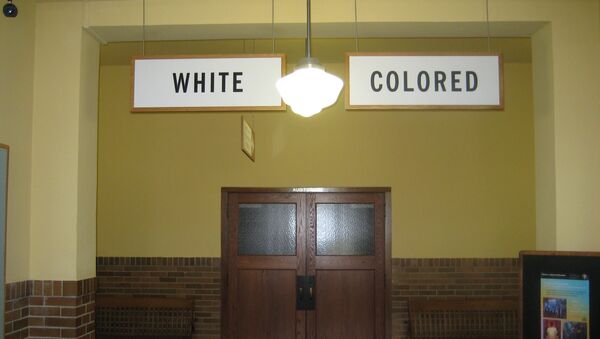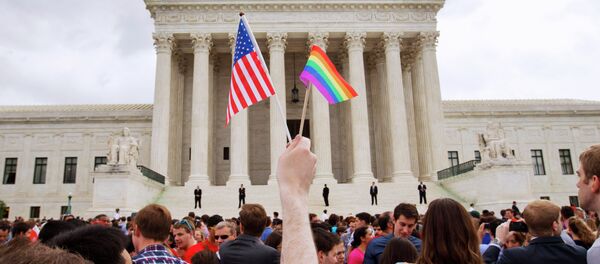CSULA claims that they merely reserved 20 spaces in a 192-unit dorm complex for African-American students, and others who share concerns about community and racial injustice.
The housing program, known as the Halisi Scholars Black Living-Learning Community, came as a result of a list of 14 demands drafted by CSULA’s Black Student Union to improve the quality of life for African-American students who had issues with "microagressions" and "racist attacks."
Demands included the university provide cultural competency training for faculty and staff, a $30-million endowment to provide financial aid for black students in need, divesting from the Corrections Corporation of America and the Geo Group, and "the creation and financial support of a CSULA housing space delegated for Black students."
Rumors of a separate-but-equal dorm were circulated after conservative college websites including The College Fix and The Blaze, the latter started by right-wing commentator Glenn Beck, gained access to the demands, publishing articles about "segregated" and "black only" housing at the university.
Schools in the California state school system have had similar housing options available for decades. Cal State Los Angeles spokesman Robert Lopez said, "This community is open to all students…This living-learning community focuses on academic excellence and learning experiences that are inclusive and non-discriminatory."
UC Riverside associate professor Eddie Comeaux pointed out that themed dorms are "not new," and have been present in higher education at least since the 1980’s.
Sydney DeLone, president of Black Student Union at UC Davis, experienced majority-black housing first-hand her freshman year when she stayed at Campbell Hall, where 45-70 black students are grouped together every year.
"It was definitely a safe space because you see people that look like you, that are going through the same things you’re going through," she told a Sacramento CBS affiliate.
Brenden Petitt, director of the Office of Student Development at UC Davis, emphasized that the housing isn’t exclusively black. "Many of our students who live in this community identify as African or African-Americans," he explained, "but we also have a number of students who do not, and they want to be there to learn from other students."
Halisi resident Jonathan Thomas described the housing as a place of comfort or cultural unity. "You can go and be yourself and not have to worry about explaining how you’re doing because of your skin color," he said.





